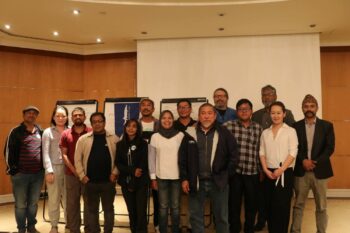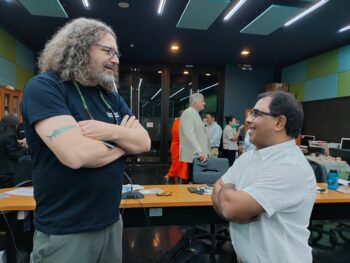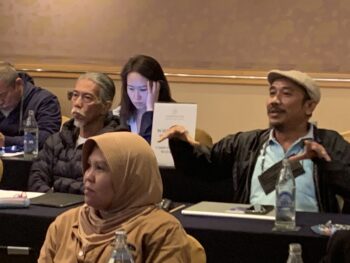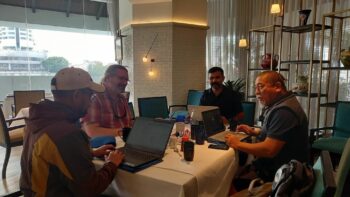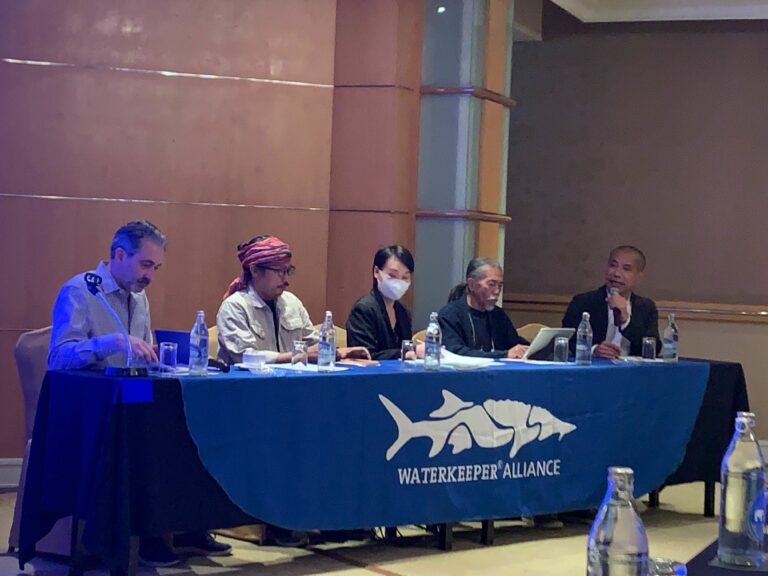
The long awaited Asia Summit finally took place from January 20 to 25, 2023 in the heart of bustling Bangkok, Thailand. As the first summit of the new year and conducted over the Lunar New Year, the festive vibe brought forth a positive and energetic atmosphere to the overall event.
After years of not being able to meet their fellow Waterkeepers due to COVID, the 11 Waterkeepers from seven countries (Bangladesh, Cambodia, India, Indonesia, Mongolia, Nepal, and Thailand) were extremely excited to catch up with each other and learn about their new projects.
“The Regional Summit is very effective to launch regional movements,” said Sharif Jamil, Buriganga Riverkeeper. “Efforts that are crucial to save large River Systems, the very first issue to be addressed in terms of saving any particular river or waterbody.”
Six training sessions were conducted, including topics covering: Basin Networking, Coalition Building, and Water Quality Mapping using Esri Software. Despite the packed agenda, time was allocated for Waterkeepers to network among each other and with other guest members. Vishwa Ranjan from IUNC and Gary Lee from International Rivers joined the summit and provided their perspective on transboundary coalition building in Asia, which was very helpful to the members. It was also very enlightening to hear the stories of two Goldman Prize Winner at the summit: Khru Tee (Thailand – 2022) of the Chiang Khong Conservation Group, a Waterkeeper Affiliate and Prigi Arisandi (Indonesia – 2011) of ECOTON, the host organization for Brantas River Waterkeeper. Their stories were covered by Thai PBS.
Not all great ideas are developed in a conference room. The Waterkeepers also visited the Rotary Peace Club from the Chulalongkorn University to meet with like minded individuals that are in the forefront of tackling conflicts within their country just like the Waterkeepers fighting for the rights of water.
Overall, this intimate group of Waterkeepers at the summit was able to establish potential new partnerships, set the tone for the regions, and provide new ideas to develop and discuss. For example, develop a trans-Himalayan/Peninsula Rivers coalition (suggested by Megh Ale, Karmali River Waterkeeper, Nepal), from the Himalayan Glacier to the mouth of the Mekong River, or create a pollution map for Asia using ESRI functions.
